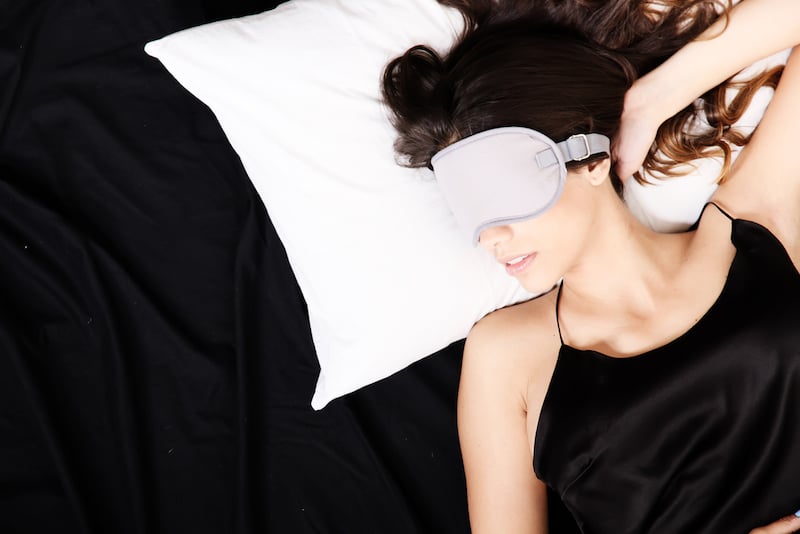Sleep is essential for our health and wellbeing. However, with a busy schedule it’s easy to give up sleep in the name of productivity. Unfortunately, this can create a cascade that leaves you struggling with brain fog, fatigue, and lack of motivation, all of which are detrimental to our ability to be productive.
If this sounds a lot like you, consider these 5 tips below to help you improve your sleep for better productivity during the day.
- Create a Consistent Bedtime
Most of us grew up with a bedtime but as we matured into adulthood, that was left behind. Unfortunately, erratic sleep patterns can make it more difficult to get consistent and restful sleep.
The first step in creating a sleep routine is to choose a consistent bedtime. Although it won’t be perfect every night, try to prioritize going to bed within an hour of that bedtime to get your body into the habit of going to sleep around the same time each night.
It can be helpful to also plan to get up at the same time each morning. This may change on weekends depending on your work schedule however, try to do this for most days of the week so your body can become accustomed to the same nightly hours of rest. This will make it easier for your body to wind down and get ready for sleep each night.
- Cut Out Blue Light
While most of us have televisions in our room, blue light from electronic screens can negatively impact our ability to go to sleep. This is because the artificial light disrupts our body’s circadian rhythm and can suppress melatonin production [1].
Try to limit blue light from TVs, smartphones, tablets, computers, and other devices 1-2 hours before bed. Instead, try winding down from the day by reading a book, taking a bath, or listening to calming music.
- Watch What You Eat (And Drink) Before Bed
Avoid consuming a large meal right before bed as this can cause digestive upset that can impact sleep. Give yourself at least 2 hours to digest after a meal before hitting the hay to avoid any late night discomfort.
Additionally, avoid caffeinated beverages and alcohol close to bedtime as these can make it more difficult to fall asleep and stay asleep. Those who are more sensitive to caffeine may want to avoid consuming caffeinated beverages after noon.
- Keep Bedroom Dark and Temp Comfortable
Along with keeping the television off, keeping your room dark can help to encourage melatonin production to improve sleep quality. To help with this, you can purchase blackout curtains or blinds to keep your room evening ready.
Along with a dark space, a comfortable temperature can help make sleep come more easily. Plan to set your thermostat timer 30-60 minutes before your bedtime to bring the temperature down to a comfortable range for sleeping.
According to the Sleep Foundation, the best room temperature for sleep is between 60-68 degrees fahrenheit but will vary from person to person [2].
- Consider a Sleep Supplement
If sleep is still a struggle for you, consider trying a natural sleep aid supplement, such as Naked Nutrition’s sleep aid supplement which contains GABA, L-Theanine, Melatonin, and time-tested herbs to synergistically promote sleep.
Natural sleep aids such as this one can help to promote restful sleep without dependency or unsavory side effects such as grogginess or brain fog you might get from prescription sleep medications.
Always speak to your doctor or healthcare provider before adding in a supplement to your routine, especially if you are taking any medication for a chronic condition.




